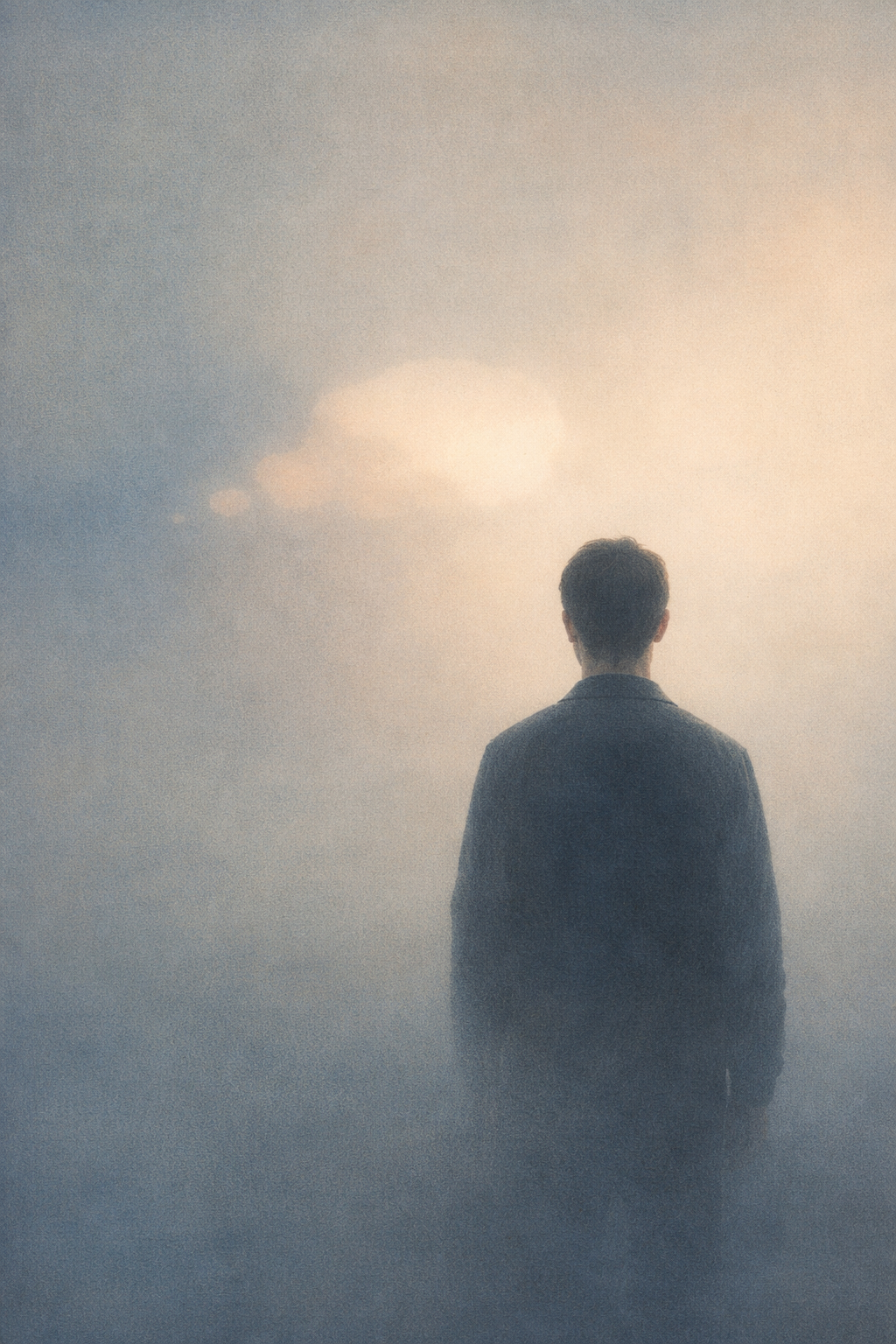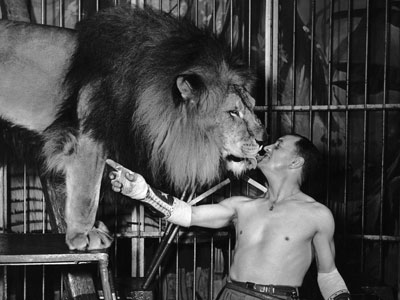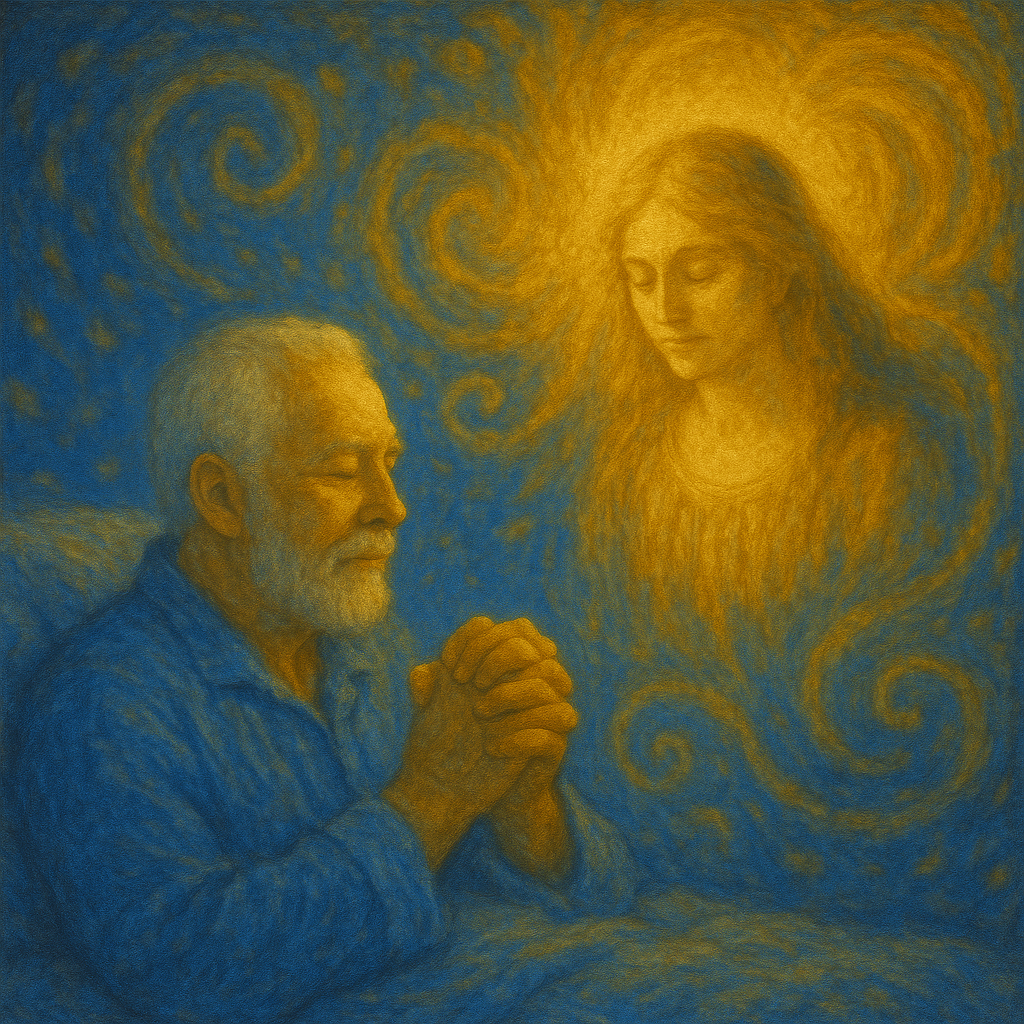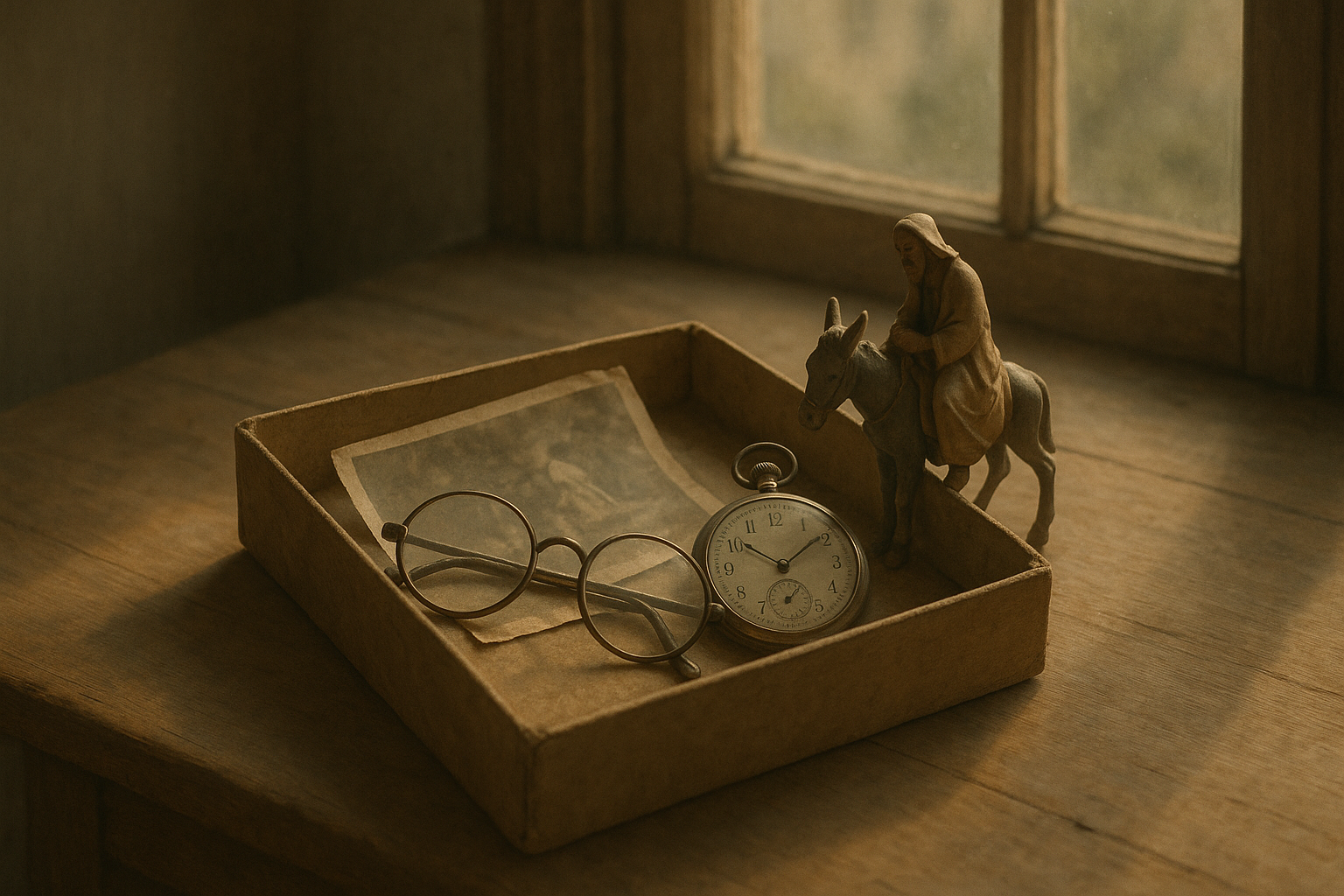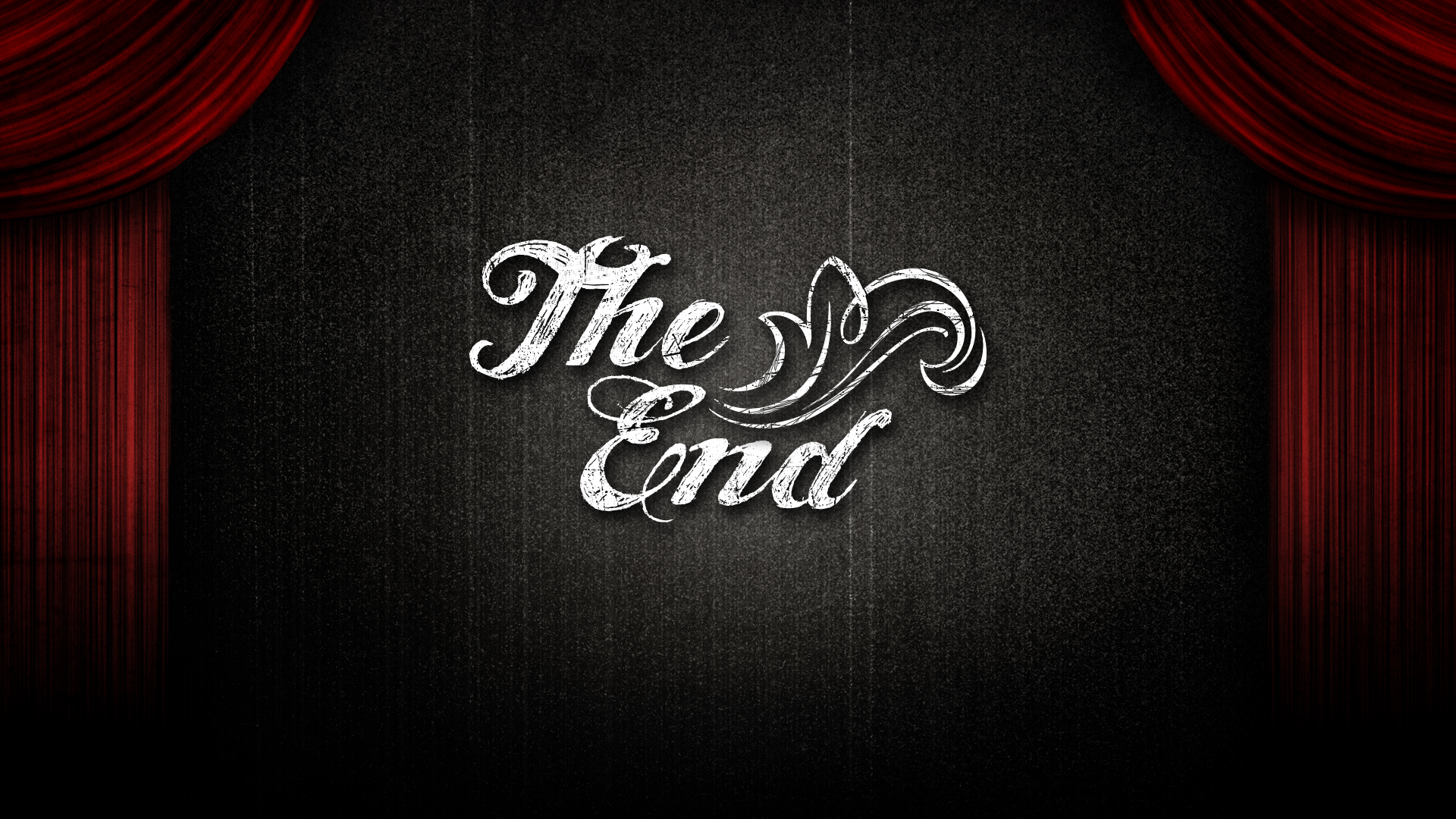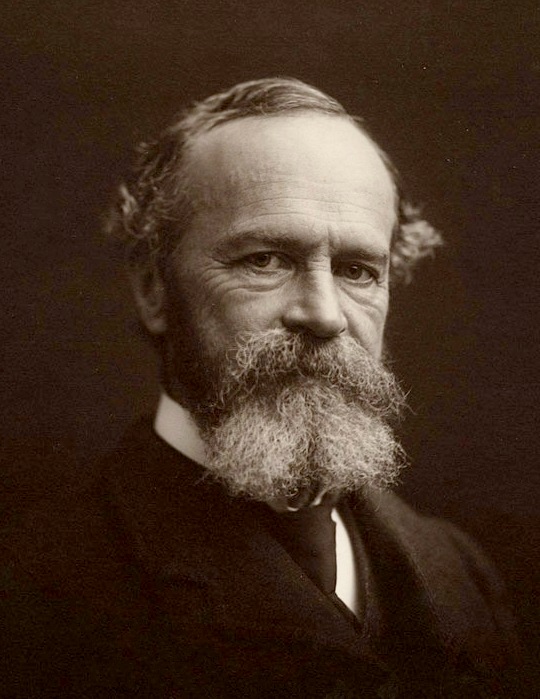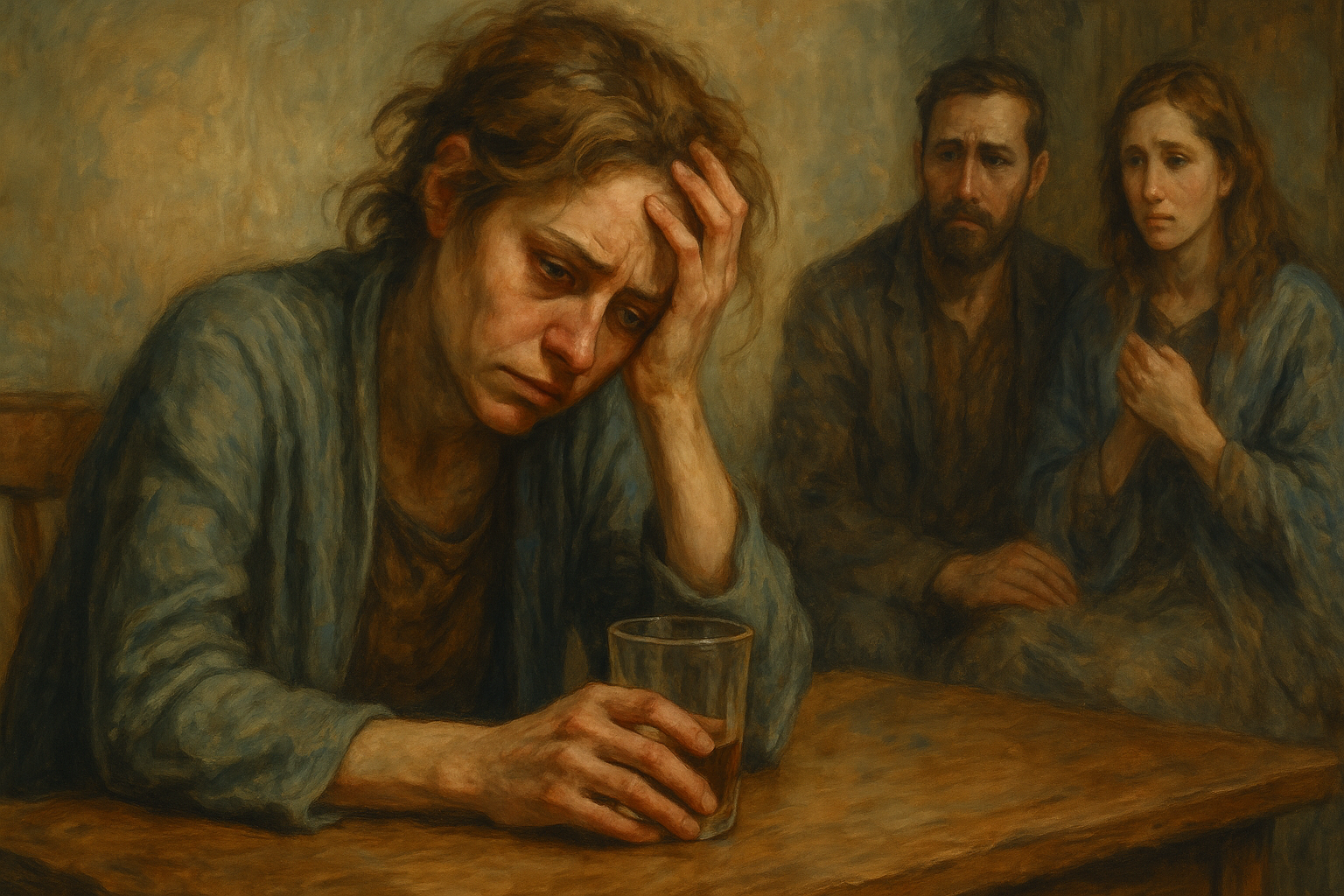I had an odd dream. Some guy called me, saying that I was a terrible person in this way and that way and another way. I didn’t think I was that bad but, in the dream, I didn’t defend myself “because I didn’t want to dampen his enthusiasm.” Well, go figure!
Category: Featured
Things that Seem Reckless to You Are Not Reckless
I do not want to rush you or make you do something that feels reckless, but I have to push you. Things that seem reckless to you are not reckless. They are safe. What is reckless is wasting your time, wasting your life away. Life is short. You must make the most of it now. It is now time to move on.
Start reading and studying. Start doing some writing. Start talking to people on a careful, gentle basis. Find out who your friends and allies are. Do not hold back. Seek support. Not everyone walks so closely with God. Can’t you tell that I am already blessing you, already keeping My covenant with you?
I have prepared you to be a risk-taker. I have always rewarded you for it. Now I am asking you to take another risk.
“You need both.”
Most of my prayers were about the ups and downs of daily life and often about my still new relationship. I often began the day by praying while still in bed. One morning, I was asking something about Abigail. For a second time, the answer came in a woman’s voice. “Is that a female voice?”
Yes.
“Are You a woman?”
When I want to be.
“Why do You usually appear as a man?”
It goes over better.
“With most folks?”
Yes.
Many days later, I had an experience that felt like the feminine presence of God—like a powdery shower, like perfumed talc being sprinkled over my whole being. When I had unusual experiences like this, I found them both heady and troubling. “Lord, I could get lost in experiences like this.”
This is a phase because it is new. Don’t worry, you’ll get over it.
“Lord, is there special meaning to the feminine presence?”
You need both (masculine and feminine). What you call the masculine presence gives you strength and energy. It is a bonding in My service. The so-called feminine gives you grace and peace. It is a healing between you and Me.
What We Leave Behind
What to save when an older relative passes away? And what do the items left behind tell about that person? These were questions put to me by a friend packing the memorabilia of a rather enigmatic departed one.
When my father died in Riverside, California, where I grew up, I asked my daughter, who lives in San Diego, if she would pack up his things, selectively. She generously consented to do so, and thereby saved me emotionally wrenching decisions in the immediate wake of his passing. I have many thoughts and memories of my father, who was the kind of guy you could always count on. But I doubt if I could have inferred that, or much of anything, from his artifacts alone. (Well, I could have inferred one thing: he had an eye for beautiful women. He had photos of the best looking women at the retirement home — staff, not other oldsters.)
A person I knew in DC was successful in business and in politics, and kept a careful record of all his accomplishments. He commented one day about the death of his grandfather, a prominent civic leader. All the awards and trophies, all the photos with notables, ended up in boxes on the sidewalk, waiting to be carted away.
I got interested in antiques several years ago, including small items to fill empty spots in large apartment I had just moved into. So I started going to estate sales. I found it strange, and questionable, to pilfer, as it were, the embodied memories of someone who has left them behind. One was a retired school teacher who had traveled widely in her later years. I picked up several things, including a little figure acquired in Turkey, of a famous sage who sits on a donkey, facing backwards, teaching his pupils who follow behind. Reflecting on it, I decided, no this is not ghoulish. She would be happy that things that meant something to her had found an appreciative home.
These random thoughts may not come to much. But there is something you might call “life-wisdom,” and it is acquired, in part, through ruminations wandering aimlessly.
“There is a purpose but not an end point.”
“Lord, is there an aim, like perfecting the world or uniting us all into the Godhead?”
No, not exactly. There is a purpose but not an end-point. The notion of an end-point derives from the model of the human will and its desires, getting what it wants. The purpose of singing a song is not to get to the end.
There is no end-time. The purpose of eschatology is to portray something about the meaning of the world.
Eschatology denotes religious ideas about the final purpose or culmination of history.
There are endings to particular worlds, but they are not apocalyptic, any more than an individual death is.
Well, just when a meaningful pattern was emerging, a sense of direction to life and history, it ends, as T. S. Eliot says, “not with a bang but with a whimper.” History comes to nothing. I found this answer distressing, and Abigail was more upset than I was. One of the Jews’ gifts to the world is the very idea of history, not as a series of endless episodes or cycles, but as a progress, with a Beginning (the Creation) and a Grand Finale (the Coming of the Messiah). Abigail doesn’t even like movies without happy endings. And we weren’t talking about movies. As we saw it, we were talking about whether life had any meaning or purpose at all. This is a concern neither of us would let go.
“Outside of the Bible, Who Talks to God?”
Another notable book by William James, The Varieties of Religious Experience, helped answer this question. The founder of pragmatism, the only distinctively American school of philosophy, James taught not only philosophy but, as Harvard professors did in those days, psychology and physiology as well. He was a man of science but, for him, empiricism did not mean restricting our understanding to what science registers; he looked without prejudice at all kinds of human experience, of which religious experiences are among the most interesting. He talks about famous people such as George Fox as well as ordinary people who have received answers to prayer or psychic intuitions or visitations from recently-departed family members.
Many human beings have had moments of divine or non-natural awareness, probably more than feel comfortable talking about them publicly. Duke English professor Reynolds Price writes about his own battle with cancer. During the course of his treatment, he had an encounter with Jesus in a vision or, as it seemed to him, in another dimension. After he published his story, he received letters from many people with similar experiences—experiences that they had never told anyone. My experience was not as out-of-line as I had thought.
I decided to follow the voice and see where it would lead me.
“Any religion that does not allow for this aspect of My presence is missing something.”
It sounded as if there were something true in polytheism. Abigail’s father had also been a philosophy professor and I married into his library, which included Martin P. Nilsson’s Greek Popular Religion, a classic on ancient Greek polytheism.
According to Nilsson, anything that had potency or an aura was regarded as holy. Spirits lurked inside striking features of the landscape such as trees, forests, lakes, and mountains. River crossings and cave entrances would be marked with stones or statues.
“Were these valid responses to You, Lord?”
You lump them all together.
We would have to take them one by one. You see them as generic types of actions. I see them as specific communications or acknowledgements. One person looked at a stream and saw the current of My energy running through it and marked the spot in homage. Another was superstitious and marked the spot for good luck.
Some were fearful and thought they might drown crossing if they did not place a token on the bank. Some actually stopped and prayed or meditated or sang a song of praise. These are very different kinds of communications, with different degrees of reality.
If your question is whether streams and mountains and so forth do in fact embody My presence, the answer again is not so simple.
Of course, everything embodies My presence and it is always a good thing when someone pauses to acknowledge that. But some things do embody it more. There is truth to the sense that I am more distinctively present in aspects of energy and force than in matter that is relatively more inert. We would have to go into physics, into the physics of the future, to discuss that in detail.
At particular times, I am especially present in a certain place or to a certain person.
It is not mere superstition that causes (people to) pause before the fact of death, for example. That is a moment and place of particular interaction between Me and the deceased and their survivors. However, there are some dramatic elements of nature, such as lightning, that might be appropriate symbols for divine power but are not in fact times and places of special presence or interaction.
But, in general, did polytheism respond to a divine reality? Yes, it did.
And any religion that does not allow for this aspect of My presence—My presence in nature, in objects, in places, and in forces—is missing something.
________
Listen to this on God: An Autobiography, The Podcast– the dramatic adaptation and continuing discussion of the book God: An Autobiography, As Told To A Philosopher by Jerry L. Martin.
He was a lifelong agnostic, but one day he had an occasion to pray. To his vast surprise, God answered- in words. Being a philosopher, he had a lot of questions, and God had a lot to tell him.
“With life, spirit comes into play.”
With life, comes spirit:
For millions of years, before there was life, there was just God and a barren universe.
“You felt all alone?”
Yes, I wanted more. In retrospect, the inanimate years feel very lonely. The emergence of life is a delight. With life, spirit comes into play.
Wonderful to see amoeba, moss, and so forth. The frogs (and other creatures), each with a soul and personality, each in a sense in tune with God. I can play with the animals, “walk among them.” I love their myriad forms. I am not alone anymore.
The creatures that began to stir on the earth are amazing, more amazing than anything that had yet occurred in creation.
They move on their own, they have “internal principles of motion” as Aristotle said, have dramatic lives—even the worms and fishes.
There is birth, growth, death, mating, offspring, colonies and flocks, emergent social orders—ideality as well. There is telos and purpose, success and failure, standards of perfection and imperfection.
And, over time, further developments in the species, a most amazing, creative ramifying of the evolutionary ladder.
New species emerge that could not have been imagined before. Your paleontology tells the story: the first horses could easily fit into the palm of a hand, and so forth. Can you imagine the spectacle?
“Yes, I think I can.”
God: An Autobiography, As Told to a Philosopher – is the true story of a philosopher’s conversations with God. Dr. Jerry L. Martin, a lifelong agnostic. Dr. Martin served as head of the National Endowment for the Humanities and the University of Colorado philosophy department, is the founding chairman of the Theology Without Walls group at AAR, and editor of Theology Without Walls: The Transreligious Imperative. Dr. Martin’s work has prepared him to become a serious reporter of God’s narrative, experiences, evolution, and autobiography. In addition to scholarly publications, Dr. Martin has testified before Congress on educational policy. He has appeared on “World News Tonight,” and other television news programs.
________
Listen to this on God: An Autobiography, The Podcast– the dramatic adaptation and continuing discussion of the book God: An Autobiography, As Told To A Philosopher by Jerry L. Martin.
He was a lifelong agnostic, but one day he had an occasion to pray. To his vast surprise, God answered- in words. Being a philosopher, he had a lot of questions, and God had a lot to tell him.
Addiction and Manipulation: Victimhood, Agency, Sin, and Grace.
A friend contacted me about the following problem. She is related to a woman who uses her addiction aggressively to manipulate those around her. She asked what I think about this problem psychologically and theologically.
Psychologically, the woman has an addiction. Presumably, there are physical aspects to that. But she also has a psychological addiction, first to drink, more fundamentally to thinking of herself as a victim (including of those who most love her and offer help). And hence as having a right to be angry and to strike back at others (perhaps especially those who most love her and are most eager to help). She probably does not well love herself, doesn’t see herself as lovable, and hence sees those who love her as fools, especially if they let her take advantage of them, and therefore as contemptible.
Those who offer assistance and advice are her enemies, because, at the heart of her cherished victimhood is a sense of lack of agency. The one thing she can do is to hurt those who love her, and the weapon she wields is suicide. She can end it all and that will teach them! Let them live with the hurt and guilt (which, unfortunately, they are almost certain to feel) for the rest of their lives. How can a person decide to end her life? The character that defines a person has long since been emptied out by drink and fantasy victimhood and behaviors, ugly even in her own eyes, that break healthy ties to others and undermine self-respect. So the completely self-indulgent self ends up with no self worth perpetuating. There is nothing left to hold onto. What meagre shred remans offers less satisfaction than dramatically striking back through suicide. Psychological models tend to run aground here. Most of them are deterministic. Her troubles, they say, are the fault of a bad childhood, or of “society” (which, oddly enough, is spoken of as if it had agency, i.e., makes us do or think this or that, of which we are then victims).
So what do we say about all this theologically? For Christians (like my friend), the vital theological concepts are sin and grace. For grace to be operative, a person might well need to understand her own sin. And sin implies agency, free will, so the woman in question can’t go there, and those aspects of our culture that deny agency, including many in the helping professions, can’t go there. So her sin, as sin, remains unattended and unrecognized. There are many conduits of grace, but among them are the people who love us and those who, for humane reasons, want to be helpful. The nature of sin is that it does not want to be “helped.” The alcoholic does not want “help,” does not want even to recognize his or her condition, his or her “sin.” We can close ourselves off to grace: “inwardness with the door closed,” as someone called it. God sometimes breaks through extraordinary barriers – grace can reach the drunk with his face in the gutter — but the agile sinner can stave it off until it is too late.
Doesn’t Fit Our List
I was sending a proposal to academic publishers and discovered that the current language of rejection is, “doesn’t fit our list.” Can’t argue with that. An editor from one of the most distinguished wrote: “This is a wonderful project, and I enjoyed reading and thinking with your proposal.” Ooh-kay …
Abigail has sometimes received even more striking praise in letters of rejection, one saying, “I hope God doesn’t strike me dead for turning this down.” I have wondered if she should have written back, threatening divine retribution. I suppose calling down infestations and plagues has gone out of style.
